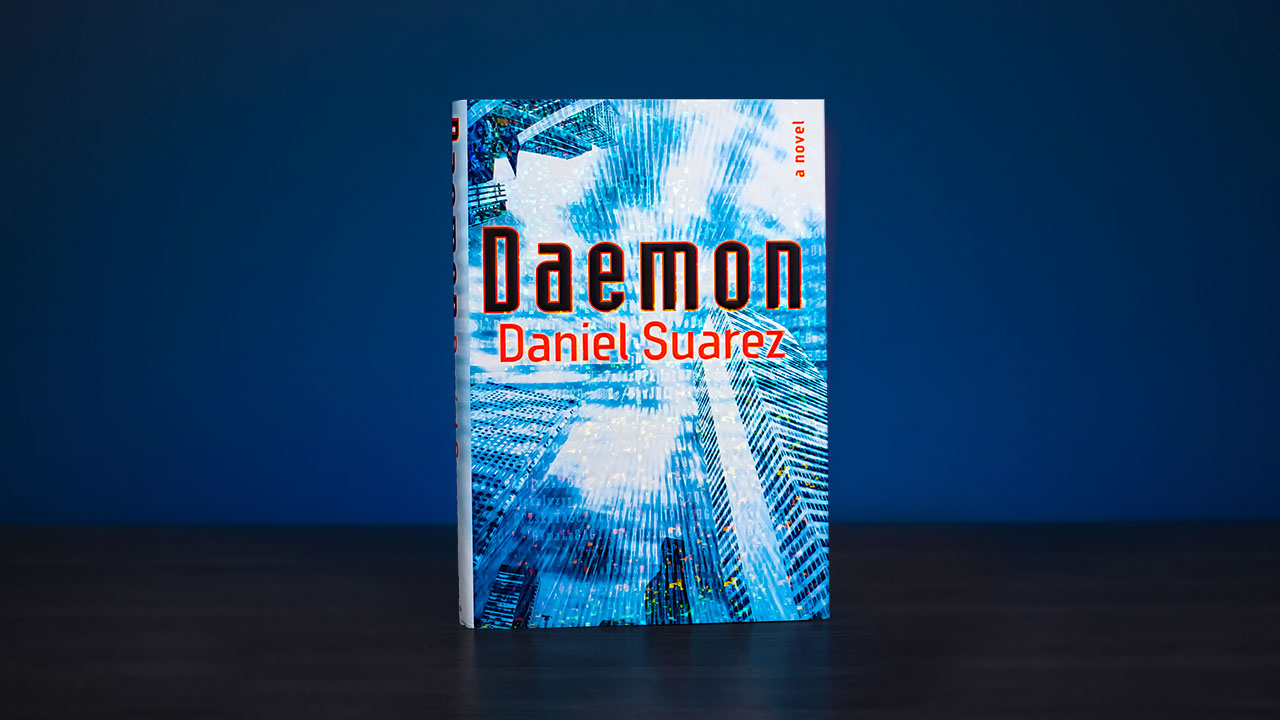
Wood: It still sounds pretty high level even though I know that you’re pulling together strands of existing technology and existing companies. But once you’re up there, you can easily move hundreds of millions of tons of resources that you find and build enormous, wonderful places to live. Suarez: Much less energy because, if you look at it, you have to go 10 kilometers per second to get escape velocity here on Earth, you’ve got to massively accelerate. Molly Wood: To make it crystal clear, if you are already in space mining an asteroid and you only have to take those materials, whether it’s minerals or water, to a colony that is also already in space, that requires less energy. The false start for many people is that we’re going to bring all these minerals and resources back to the planet’s surface. They contain everything from nitrogen, ammonia, oxygen, iron, nickel, all of the resources we need.


The following is an edited transcript of Suarez and Wood’s conversation.ĭaniel Suarez: If what we’re trying to do here is expand human presence, to build a platform in an economy on which we can stand and operate while we perhaps help fix Earth’s climate, that means we need resources up there. He imagined a near future in which private companies mine asteroids for materials and water to build colonies in space, which is cheaper and easier than moving to Mars. Suarez was partially inspired by last year’s United Nations report that said humans only have about 12 years to avert catastrophic climate change.

It’s about a group of asteroid miners recruited by an eccentric billionaire to kick-start the space economy. Host Molly Wood talked with Daniel Suarez, the author of near-future sci-fi books like “Daemon” and “Freedom™.” His most recent book, “Delta-v,” is out next week. But while the space economy might be new to us, science fiction has explored it in great detail. On our show we’ve been looking into the still very new economy of space.


 0 kommentar(er)
0 kommentar(er)
